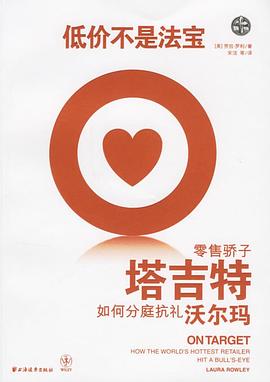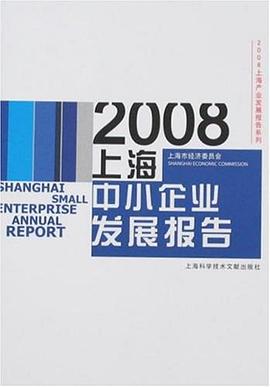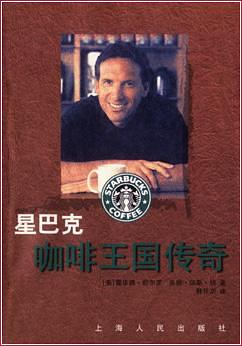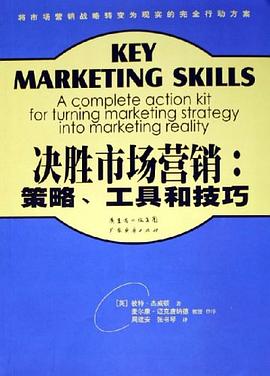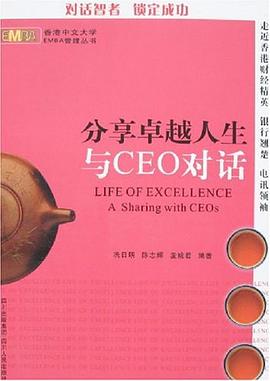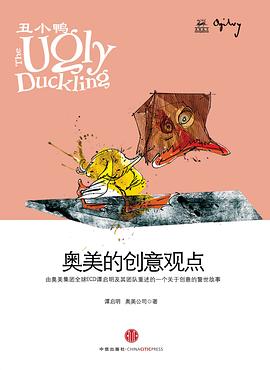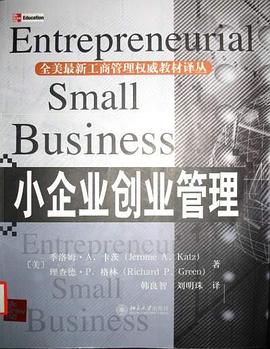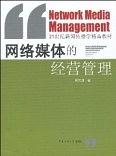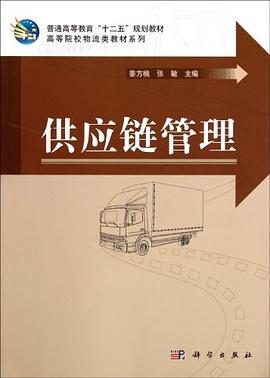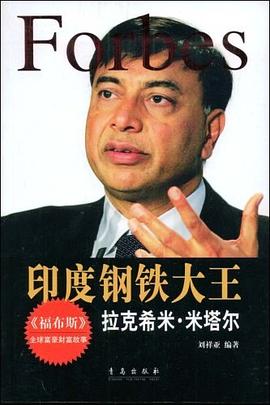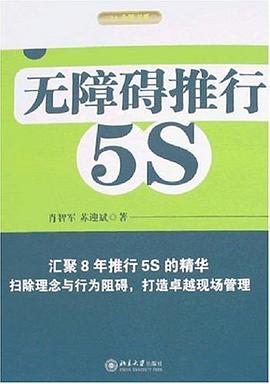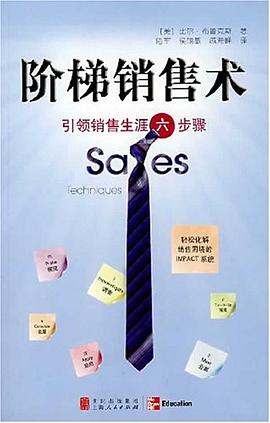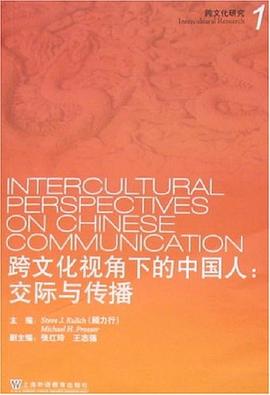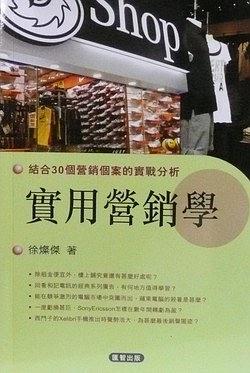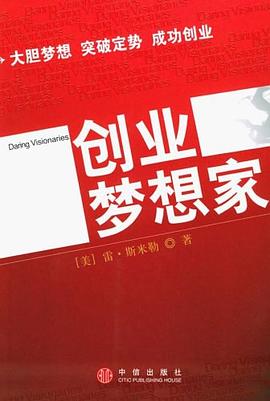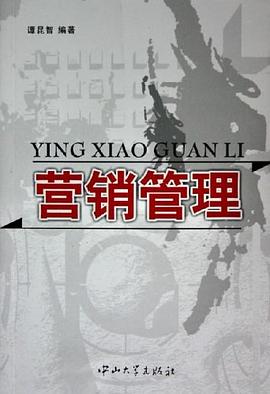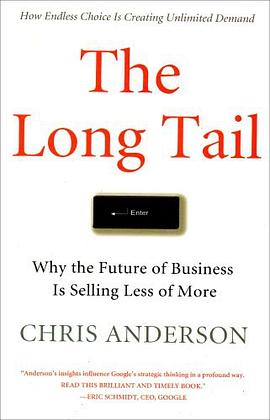

具體描述
Book Description
"The Long Tail" is a powerful new force in our economy: the rise of the niche. As the cost of reaching consumers drops dramatically, our markets are shifting from a one-size-fits-all model of mass appeal to one of unlimited variety for unique tastes. From supermarket shelves to advertising agencies, the ability to offer vast choice is changing everything, and causing us to rethink where our markets lie and how to get to them. Unlimited selection is revealing truths about what consumers want and how they want to get it, from DVDs at Netflix to songs on iTunes to advertising on Google. However, this is not just a virtue of online marketplaces; it is an example of an entirely new economic model for business, one that is just beginning to show its power. After a century of obsessing over the few products at the head of the demand curve, the new economics of distribution allow us to turn our focus to the many more products in the tail, which collectively can create a new market as big as the one we already know. The Long Tail is really about the economics of abundance. New efficiencies in distribution, manufacturing, and marketing are essentially resetting the definition of whats commercially viable across the board. If the 20th century was about hits, the 21st will be equally about niches.
From Publishers Weekly
Wired editor Anderson declares the death of "common culture"—and insists that it's for the best. Why don't we all watch the same TV shows, like we used to? Because not long ago, "we had fewer alternatives to compete for our screen attention," he writes. Smash hits have existed largely because of scarcity: with a finite number of bookstore shelves and theaters and Wal-Mart CD racks, "it's only sensible to fill them with the titles that will sell best." Today, Web sites and online retailers offer seemingly infinite inventory, and the result is the "shattering of the mainstream into a zillion different cultural shards." These "countless niches" are market opportunities for those who cast a wide net and de-emphasize the search for blockbusters. It's a provocative analysis and almost certainly on target—though Anderson's assurances that these principles are equally applicable outside the media and entertainment industries are not entirely convincing. The book overuses its examples from Google, Rhapsody, iTunes, Amazon, Netflix and eBay, and it doesn't help that most of the charts of "Long Tail" curves look the same. But Anderson manages to explain a murky trend in clear language, giving entrepreneurs and the rest of us plenty to think about. (July)
From Bookmarks Magazine
In The Long Tail, Chris Anderson offers a visionary look at the future of business and common culture. The long-tail phenomenon, he argues, will "re-shape our understanding of what people actually want to watch" (or read, etc.). While Anderson presents a fascinating idea backed by thoughtful (if repetitive) analysis, many critics questioned just how greatly the niche market will rework our common popular culture. Anderson convinced most reviewers in his discussion of Internet media sales, but his KitchenAid and Lego examples fell flat. A few pointed out that online markets constitute just 10 percent of U.S. retail, and brick-and-mortar stores will never disappear. Anderson's thesis came under a separate attack by Lee Gomes in his Wall Street Journal column. Anderson had defined the "98 Percent Rule" in his book to mean that no matter how much inventory is made available online, 98 percent of the items will sell at least once. Yet Gomes cited statistics that could indicate that, as the Web and Web services become more mainstream, the 98 Percent Rule may no longer apply: "Ecast [a music-streaming company] told me that now, with a much bigger inventory than when Mr. Anderson spoke to them two years ago, the quarterly no-play rate has risen from 2% to 12%. March data for the 1.1 million songs of Rhapsody, another streamer, shows a 22% no-play rate; another 19% got just one or two plays." If Anderson overreaches in his thesis, he has nonetheless written "one of those business books that, ironically, deserves more than a niche readership"
Houston Chronicle
From Booklist
Citing statistical curves called "long-tailed distributions" because the tails are very long relative to the heads, Anderson, editor of Wired magazine, focuses on the tail, or the development in the new digital world of an infinite number of niche markets of any size that are economically viable due to falling distribution costs and in the aggregate represent significant sales. Although the author considers primarily media and entertainment companies, he also shows the long-tail effect at eBay, KitchenAid, Legos, Salesforce.com, and Google. His nine rules for successful long-tail strategies include lowering costs and thinking niche (one product, distribution method, or price does not fit all) and giving up control by sharing information and offering choices. In this excellent book, Anderson tells that "the story of the long tail is really about the economics of abundance--what happens when the bottlenecks that stand between supply and demand in our culture start to disappear and everything becomes available to everyone."
Mary Whaley
From AudioFile
Anderson's premise that Internet-based retailing and personal expression enable much wider variety and more profitable niche markets and, thus, are killing a formerly "hit-driven" culture and retail world is somewhat controversial. (Just Google THE LONG TAIL.) But this audiobook presents the argument well, with much detail and many current (late 2005) examples. Christopher Nissley's reading style fits the content; he's clipped and staccato, like Anderson's writing. His narration is helpful to the listener who prefers not to get bogged down in the theoretical and technical parts of the book. Anderson himself reads the introduction, and there's a brief author interview at the end of Disc 7, plus downloadable copies of the book's graphics. T.F.
Book Dimension
length: (cm)23.8 width:(cm)17.3
著者簡介
Chris Anderson is editor-in-chief of Wired Magazine.
圖書目錄
讀後感
经历了用户数量增长,豆瓣将会迎来盈利的增长。这不能说是什么豆瓣变了,或者是开始要铜臭了,我认为这是一个必然的转变。 拿最近讨论的小豆来说,小豆不是什么QB,买不来什么钻,它只是用户表达自己认同感的替代物,没有小豆你在豆瓣不会落得赤身裸体。一篇文...
評分作为“长尾”一词的发明人,Chris Anderson终于推出了关于长尾的书。对于不知道何为LongTail的朋友,这是一本可以快速弄明白的好书,对于已经有所了解的朋友,这是一个重新反思的好机会。作者并没有将笔墨发得很散,而将精力集中在了LongTail的成因和产生的直接影响方面,信息...
評分 評分http://bizchedan.blogbus.com/logs/47197210.html 从前有个叫刘波的人。给我们的主人公起这个名字,因为据统计这是中国人最常用的名字,有100多万,这些刘波们还在百度贴吧成立了一个刘波吧。这个刘波也是普通人,而且刘波吧跟我们这里讨论的主题也有一定的关系。 初中的一...
評分http://bizchedan.blogbus.com/logs/47197210.html 从前有个叫刘波的人。给我们的主人公起这个名字,因为据统计这是中国人最常用的名字,有100多万,这些刘波们还在百度贴吧成立了一个刘波吧。这个刘波也是普通人,而且刘波吧跟我们这里讨论的主题也有一定的关系。 初中的一...
用戶評價
Long Tail Market is everywhere. But to make profit by integrating all scattered niche markets into a big market is another story.
评分很好的理論,卻伴著一股子戲子腔。間隔的跑題感(wiki?),自視甚高地撇清與80/20的關係,到底在急什麼
评分科技所帶來的無成本無限量的貨架空間與龐大的實時信息流的結閤打破瞭大熱門文化對市場的主流引導,開拓瞭原本非熱門市場的經濟荒漠,我們所錶現齣的消費行為:massclusivity, silvercasting, mass customization都將指嚮更大的長尾市場。
评分2009.11.4 讀完 想法有點翻翻覆覆說的感覺。但是總的來說,把互聯網的這種新型經濟用一個通俗的模型闡述,還算是清晰的。我不算是特彆喜歡他的寫作風格。結構也嫌不夠緊湊。最後的感想是:B2C時代將引領下一次互聯網革命:各種各樣的filter。
评分2016-5-2 真的看瞭快2年瞭! 12年前的書和理論,在現在看來真的是都一一實現和對應瞭!
相關圖書
本站所有內容均為互聯網搜索引擎提供的公開搜索信息,本站不存儲任何數據與內容,任何內容與數據均與本站無關,如有需要請聯繫相關搜索引擎包括但不限於百度,google,bing,sogou 等
© 2025 book.quotespace.org All Rights Reserved. 小美書屋 版权所有

